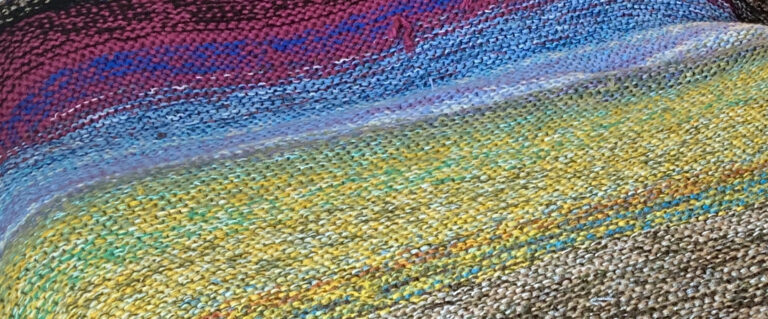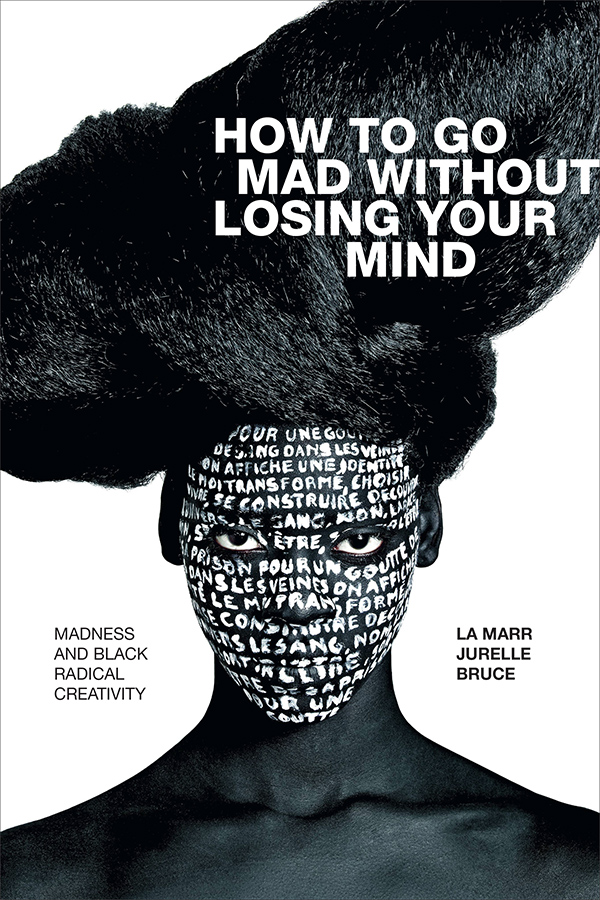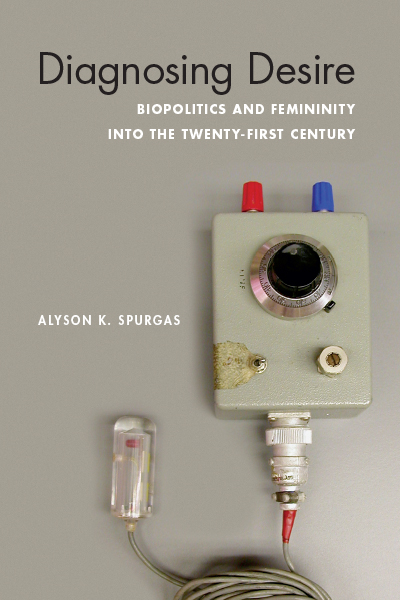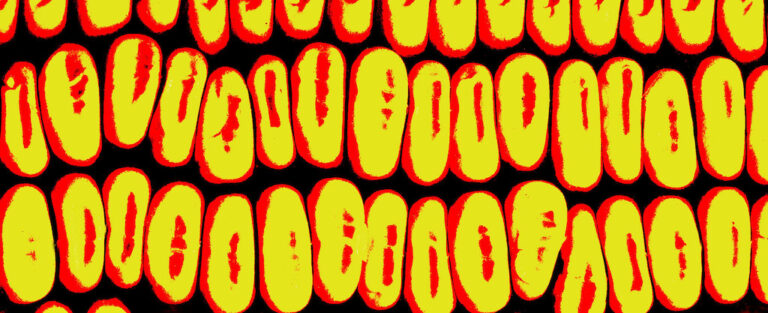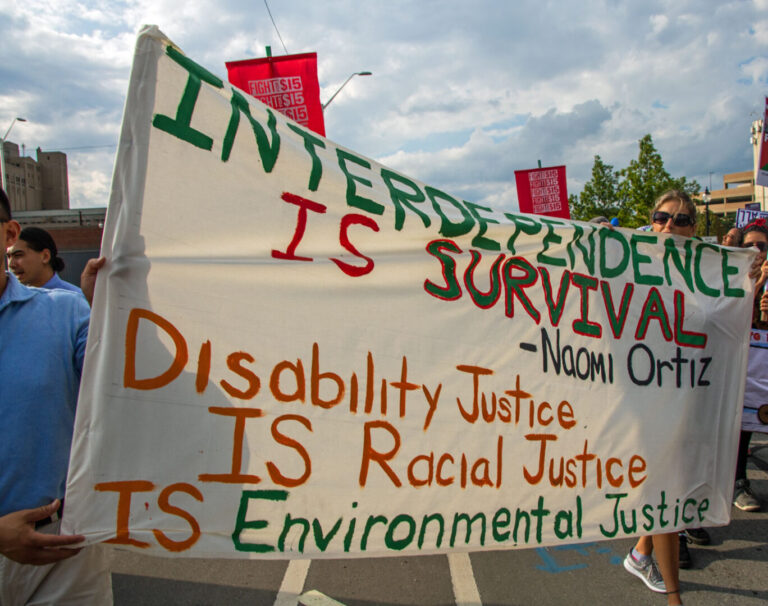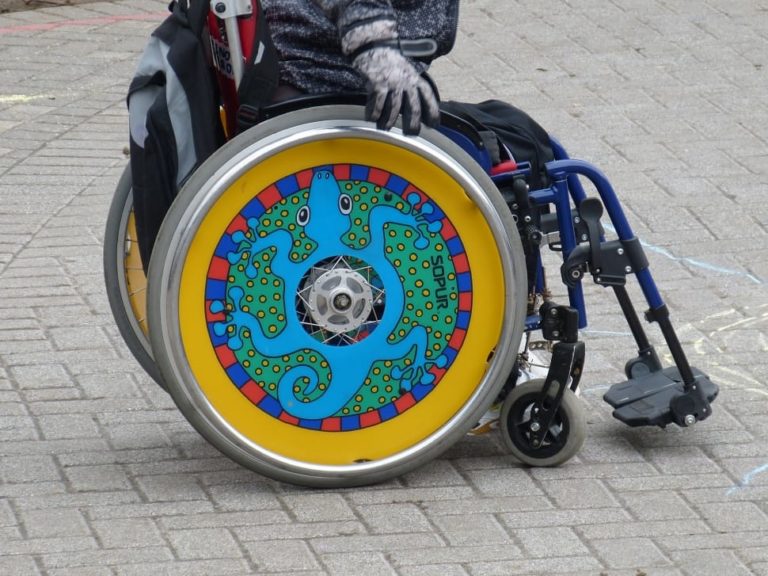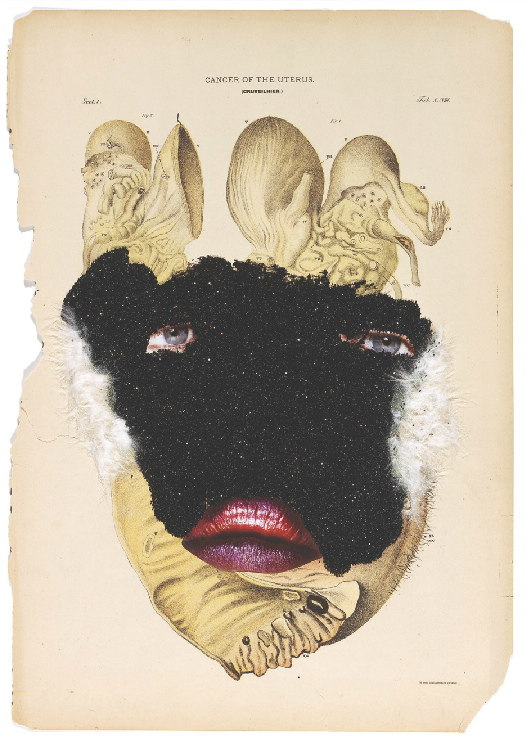Unemployed at the time, not visibly disabled, but having become quite unwell in the middle of a pandemic, this poem illustrates my anxious and exhausting insomnia against the caretaking labor for my youngest child. I worked to minimize the projections of stress and anxiety onto her, laboring for stillness and comfort. As Luce Irigaray states in An Ethics of Sexual Difference (1993), “Music comes before meaning. A sort of preliminary to meaning, coming after warmth, moisture, softness, kinesthesia” (168).
Keyword: disability
Security Blanket: Neuroqueer Knitting in Pandemic Times
This article presents neuroqueer knitting as a cripistemological practice in the context of the COVID-19 pandemic, during which the author realized that knitting was part of how they moved through trauma. Tracing the process of making a blanket during part of the pandemic, a time in which they were also relocating, the author argues that knitting offers a knowledge-making practice aligned with their autistic ways of being in the world. Treating this blanket as theoretical material, the author uses it to challenge ableist ideas of autistic people as lacking the capacity to narrate their experiences. Instead, this blanket is used to reflect alternative modes of knowing that document the author’s continued existence and survival in moments of trauma and upheaval.
Review of How to Go Mad without Losing Your Mind: Madness and Black Radical Creativity by La Marr Jurelle Bruce (Duke University Press)
How to Go Mad without Losing Your Mind offers a poignant study of what author La Marr Jurelle Bruce calls “mad methodology,” extending care and consideration to Black artists historically, fictionally, and contemporaneously rendered mad by oppressive anti-Black capitalist discursive practices. Reflecting on the creative practices of Buddy Bolden, Nina Simone, Lauryn Hill, and Dave Chappelle, among others, Bruce provides a clear-cutting analysis of the ways normative cultural logics work to figure Black art and protest as inherently mad.
Review of Diagnosing Desire: Biopolitics and Femininity into the Twenty-First Century by Alyson K. Spurgas (The Ohio State University Press)
In Diagnosing Desire, Alyson K. Spurgas examines female sexual dysfunction, specifically low desire in women, and refuses to take anything for granted. One part history of modern sexology and one part feminist critique of the biopolitics engendered by sex research, Spurgas uses anti-racist, queer, disability studies, and trauma-informed theories to argue that the apolitical and atheoretical approach used in much of the modern science of sexuality confines women’s sexual desire to a purely receptive model. Spurgas problematizes essentialist, anti-intersectional, and hetero- and cisnormative frameworks through which women’s sexual desire has become a problem to be solved through self-improvement and by learning to push through feelings of low desire. Instead, Spurgas offers insights into the lives of women with low desire by attending to their experiences with inequality and trauma, and proposes a new understanding of women’s sexuality—and of femininity more generally—based on prudent and critical attention to power.
Editors’ Introduction: A Decade of Open Access in Cultural Studies
This issue marks the tenth year of publishing Lateral. We reflect here on this milestone and highlight work in the current issue, including a new forum on Cultural Constructions of Race and Racism in the Middle East and North Africa / Southwest Asia and North Africa (MENA/SWANA) and a special section on Cripistemologies of Crisis: Emergent Knowledges for the Present. We discuss several of these pieces in relationship to ongoing violence in Israel and attacks in the United States against “critical race theory” and conclude with calls for open access scholarship.
Crip Collectivity Beyond Neoliberalism in Octavia Butler’s Parable of the Sower
The importance of Octavia Butler’s 1993 novel Parable of the Sower continues to crystalize, as Butler’s prescient imagining of urban California torn apart by neoliberal divestment comes to fruition. Following in the space opened up by Black feminist scholarship on Butler, the present essay examines her relevance beyond literary and cultural studies. I argue that Parable is a Black feminist crip theorization of political economy that diagnoses the disabling conditions of precarity under neoliberalism and also prescribes collectivity for crip and mad survival. Neoliberalism describes a global stage of advanced capitalism wherein governments are both incentivized and disciplined into enforcing economic policies that include privatization, deregulation, and market liberalization. As Jodi Melamed defines it, neoliberalism requires a certain kind of political governance, that puts the interests of business over the well-being of people (2011). Neoliberal governance engenders what I call “disabling contradictions,” yet the blame for conditions of precarity is deflected onto bodyminds themselves. In Parable of the Sower, Butler theorizes these disabling contradictions of neoliberal governance under advanced capitalism, drawing into focus the political economic systems that cause suffering. Parable also depicts strategies for crip and mad survival that are made possible through the conscious creation of community and networks of solidarity that counter the neoliberal state’s devaluation of bodyminds. Gathering to read and discuss the novel, rather than a distraction from the crises, furthers the emergence of crip and mad collectivities. As such, it is an urgent and timely practice for building futures for crip and mad people.
Review of Crip Times: Disability, Globalization, and Resistance by Robert McRuer (NYU Press)
In his new book Crip Times: Disability, Globalization, and Resistance, Robert McRuer offers his notion of “crip time” as an analytic through which we may critique the spatio-temporalities of austerity, late capitalism, and the cultural logic of neoliberalism. McRuer’s position is that disability is at the core of a global politics of austerity and of neoliberalism. What does it mean that disability is central to a global politics of austerity? For McRuer, it means that thinking about austerity through “crip time” can highlight an ongoing politics of representation of disability. That is, neoliberalism actively produces certain ways of being disabled that are conducive to its continued operation. But, “crip time” points to the ways in which this politics of representation does not fully capture disability. Disability exceeds austerity and neoliberalism. Crip Times, then, offers a critical examination of how disability is represented within the cultural logic of neoliberalism. At the same time, McRuer cautions against, as some past projects in disability and queer theory have done, fully rejecting or embracing the politics of identity, representation, and rights.
Crip Twitter and Utopic Feeling: How Disabled Twitter Users Reorganize Public Affects
Conceptually, online activism remains a divisive concept: detractors decry it as low-commitment “slacktivism,” and proponents argue that the Internet is a powerful platform for organizing. Particularly for disabled persons, the Internet provides new avenues for engagement and organizing work by allowing disabled persons in disparate places to connect with each other. While the intersection of disability activism and online activism remains underexplored, existing literature remains anchored to the notion that disabled online activism’s greatest impact is in organizing physical protests and actions. This paper scrutinizes the actual work and impact of three disabled Twitter activists, and wages an argument based on how Twitter activists make other users feel. Particularly, this paper synthesizes affect theory with Althusser’s notion of “interpellation” and revises Michael Warner’s theory of “publics” to argue that such disabled Twitter activists and their followers mutually generate networks distinguished by shared feelings (affective networks, as this paper terms them), and that these networks are constantly being renegotiated and transforming the feelings of their members. The paper makes four key interventions: first, it writes against Michael Warner’s initial reluctance to include the Internet in his theory of publics, by arguing that Twitter followings model Warner’s publics. Second, it performs close readings to describe both how Twitter users’ writings generate affective networks and what activist impact these affective networks have. Third, it identifies and describes radical optimism and the utopic work of “demanding” as constituents of Twitter users’ affective networks. Finally, this paper examines and describes how affective networks shift with each tweet, and how such writings transform the feelings that constitute those affective networks. Arguing in part from my own subjectivity as a disabled Twitter user, I contend that Twitter enables disabled users to organize their feelings according to the feelings they want to have, and the feelings they think they ought to have.
Toward Alternative Humanities and Insurgent Collectivities
Introduction to Part II of the forum, Emergent Critical Analytics for Alternative Humanities. Here, emergent scholars respond to essays by J. Kēhaulani Kauanui, Kyla Wazana Tompkins, Julie Avril Minich, and Jodi Melamed, each of whom elaborated on the alternative possibilities of dealing with the legacies of settler colonialism, new materialisms, disability, and institutionality in Part I, published in Lateral 5.1.
Critical Disability Studies as Methodology
Response to Julie Avril Minich, “Enabling Whom? Critical Disability Studies Now,” published in Lateral 5.1. Schalk calls for a shift in thinking that directly affects action and discusses creating classroom experiences that help students to critique intersecting social structures in their everyday encounters.
Toward a Crip-of-Color Critique: Thinking with Minich’s “Enabling Whom?”
Response to Julie Avril Minich, “Enabling Whom? Critical Disability Studies Now,” published in Lateral 5.1. Kim elaborates upon a crip-of-color critique, which has possibilities to both criticize structures that inherently devalue humans and to take action to work toward justice. Kim’s final call is to identify and act against the inequalities and harm of academic labor, urging readers to take seriously a “politics of refusal” that might help academics of color survive through alternative collectivities.
Thinking with Jina B. Kim and Sami Schalk
It is an honor and a privilege to read these careful and insightful responses to my provocation by Jina B. Kim and Sami Schalk, two intellectuals whose body of work, in my estimation, demonstrates exactly the kind of critical engagement I had in mind when I proposed the idea of critical disability studies as methodology…
Forum Introduction: Emergent Critical Analytics for Alternative Humanities
Edited by Chris A Eng and Amy K King, this first of a two-part forum identifies and contemplates the emergent potential of four analytics for imagining alternative humanities. Structuring thought across disciplines, these analytics resonate strongly with the specific ways that cultural studies shifted, developed, and refined its ideas and focus: J. Kēhaulani Kauanui takes up settler colonialism; Kyla Wazana Tompkins, New Materialism; Julie Avril Minich, disability; and Jodi Melamed, institutionality.
Enabling Whom? Critical Disability Studies Now
Advising against the potential ways in which scholarship might take up disability by fetishizing difference and reaffirming dominant models of able-bodiedness, Julie Avril Minich calls for work to be first and foremost accountable to people with disabilities: this means making knowledge accessible. In order for knowledge to be accessible, Minich stresses, the labor of accessibility must be addressed on an institutional level.

